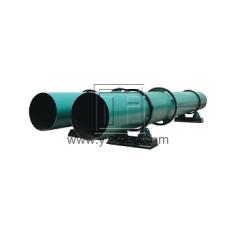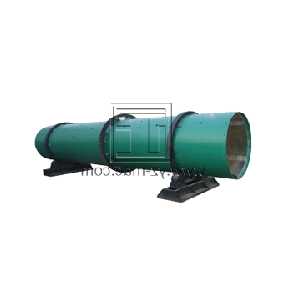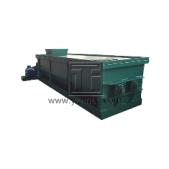Cost of compost machine
When considering composting on a larger scale, one of the crucial factors to consider is the cost of compost machines. Compost machines are available in various types, each offering unique features and capabilities to suit different applications.
Types of Compost Machines:
Compost Turners:
Compost turners are machines designed to aerate and mix compost piles. They come in various configurations, including self-propelled, tractor-mounted, and towable models. Compost turners ensure proper aeration, moisture distribution, and mixing of the compost pile, expediting the decomposition process. Costs for compost turners can range from a few thousand dollars for smaller models to tens of thousands for larger, more advanced machines.
Compost Screeners:
Compost screeners, also known as trommel screens, are used to separate larger particles and debris from the finished compost. They help refine the compost by creating a consistent particle size and removing unwanted materials. Costs for compost screeners vary depending on their size, capacity, and features. Smaller, basic models can start from a few thousand dollars, while larger, high-capacity screeners can range into the tens of thousands.
Compost Shredders:
Compost shredders are machines designed to break down organic waste materials into smaller fragments. They accelerate the decomposition process by increasing the surface area of the waste, resulting in faster breakdown and composting. The cost of compost shredders can vary depending on the shredding capacity, power source, and features. Basic models can range from a few hundred to a few thousand dollars, while larger, more powerful machines can cost several thousand dollars or more.
Compost Mixers:
Compost mixers are used to blend different composting components, such as organic waste, carbon-rich materials, and nitrogen-rich materials. They ensure thorough mixing and homogeneity of the compost mixture, promoting efficient decomposition. The cost of compost mixers varies based on their capacity, power source, and mixing mechanisms. Small-scale mixers can be found for a few hundred dollars, while larger, industrial-grade mixers can reach several thousand dollars.
Applications of Compost Machines:
Agricultural and Farming Operations:
Compost machines are extensively used in agricultural and farming operations to manage organic waste and produce nutrient-rich compost for soil improvement. They help convert crop residues, animal manure, and other organic materials into valuable compost that can enhance soil fertility and support sustainable farming practices.
Commercial Composting Facilities:
Compost machines are essential in large-scale commercial composting facilities, where high volumes of organic waste are processed. They streamline the composting process, improve efficiency, and enable the production of high-quality compost for various applications, such as landscaping, horticulture, and soil remediation.
Municipal Waste Management:
Many municipalities utilize compost machines to manage organic waste as part of their waste management strategies. Composting organic waste reduces landfill usage, minimizes greenhouse gas emissions, and produces compost that can be used for municipal landscaping projects or distributed to residents.
Conclusion:
The cost of compost machines varies depending on the type, size, capacity, and features of the equipment. Compost turners, screeners, shredders, and mixers are available at different price points, accommodating a wide range of budgets and applications. Whether for agricultural operations, commercial composting facilities, municipal waste management, or smaller-scale composting projects, investing in the right compost machine can enhance composting efficiency, improve compost quality, and contribute to sustainable waste management practices. It is essential to assess your specific needs, consider the associated costs, and select a compost machine that suits your requirements and budget to maximize the benefits of composting.






